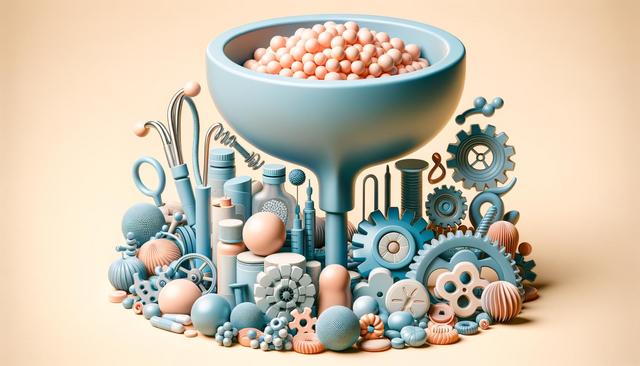Recognizing the Importance of Early Detection
Early detection plays a crucial role in the successful treatment of prostate cancer. Men over the age of 50 are particularly encouraged to undergo regular prostate health checks. If you’re looking to take proactive steps, searching for ‘prostate screening near me’ can help locate reputable clinics and healthcare providers in your area. These screenings typically involve a prostate-specific antigen (PSA) blood test and a digital rectal exam (DRE), both of which aid in identifying abnormalities early. Early-stage prostate cancer often has no symptoms, which is why routine screening is vital. Catching the disease before it progresses increases the range of treatment options and the likelihood of a favorable outcome.
In addition to regular screenings, lifestyle choices play a role in early detection. Maintaining awareness and open communication with your healthcare provider can make a significant difference. If you’re unsure where to start, you can easily book urologist for prostate check appointments through local clinics or online platforms. Establishing this relationship with a specialist can provide peace of mind and timely guidance.
Exploring Treatment Options for Prostate Cancer
Once diagnosed, prostate cancer treatment varies based on the stage of the disease, the patient’s age, overall health, and personal preferences. Common treatment options include:
- Active surveillance: Monitoring the cancer closely without immediate treatment, suitable for slow-growing cancers.
- Surgery: Typically involves removing the prostate gland (prostatectomy).
- Radiation therapy: Uses high-energy rays to target and kill cancer cells.
- Hormone therapy: Slows the growth of cancer by reducing testosterone levels.
- Chemotherapy: Utilized in advanced stages to kill rapidly growing cancer cells.
Choosing the right treatment involves discussing the possible side effects and outcomes with your healthcare provider. Some treatments may affect urinary, bowel, or sexual function, so it’s important to weigh the benefits and risks. Even after treatment, regular follow-up screenings are essential to monitor for recurrence or side effects.
Supporting Your Body Through Nutrition
Diet plays a supportive role in prostate health, both before and after treatment. Including the best foods for prostate health in your diet can help reduce inflammation and support overall wellness. Nutrient-rich foods that may benefit prostate function include:
- Tomatoes (rich in lycopene)
- Broccoli and other cruciferous vegetables
- Green tea
- Fatty fish like salmon
- Nuts and seeds, especially those high in zinc
These foods are not a cure, but they can be part of a balanced lifestyle that supports treatment and recovery. Consulting a nutritionist or dietitian with experience in oncology can help you create a personalized eating plan that complements your treatment strategy.
Enhancing Recovery with Supplements and Lifestyle Changes
In addition to dietary changes, incorporating the best supplements for prostate health may support your body’s healing process. Some commonly recommended supplements include:
- Saw palmetto
- Zinc
- Lycopene
- Selenium
- Vitamin D
Before starting any supplement, it’s essential to speak with your healthcare provider, as some may interact with treatments or medications. Exercise, stress management, and sleep are also key lifestyle factors that influence recovery. Staying active can help reduce fatigue, improve mood, and enhance overall quality of life. Practices such as yoga, walking, or swimming can be particularly beneficial.
For men wondering how to keep your prostate healthy after 50, combining these lifestyle habits with regular medical checkups forms a strong foundation for long-term well-being. Awareness, prevention, and informed choices are all part of a proactive approach to health.
Managing Emotional and Psychological Well-being
Dealing with a prostate cancer diagnosis can be emotionally challenging. It’s not uncommon for men to experience anxiety, depression, or fear when faced with treatment decisions and lifestyle changes. Seeking emotional support is just as important as managing physical health. Support groups, counseling, and open conversations with loved ones can provide a strong emotional anchor during this time.
Patients may also benefit from speaking with a mental health professional who understands the unique concerns associated with cancer treatment. Many hospitals and cancer centers offer integrated care programs that include psychological support. Remember, mental health care is a vital component of overall recovery and should not be overlooked.
Balancing treatment, personal life, and emotional health requires patience and resilience. Taking one step at a time and accessing available resources can ease the journey and lead to better outcomes in both physical and emotional aspects of health.




Leave a Reply